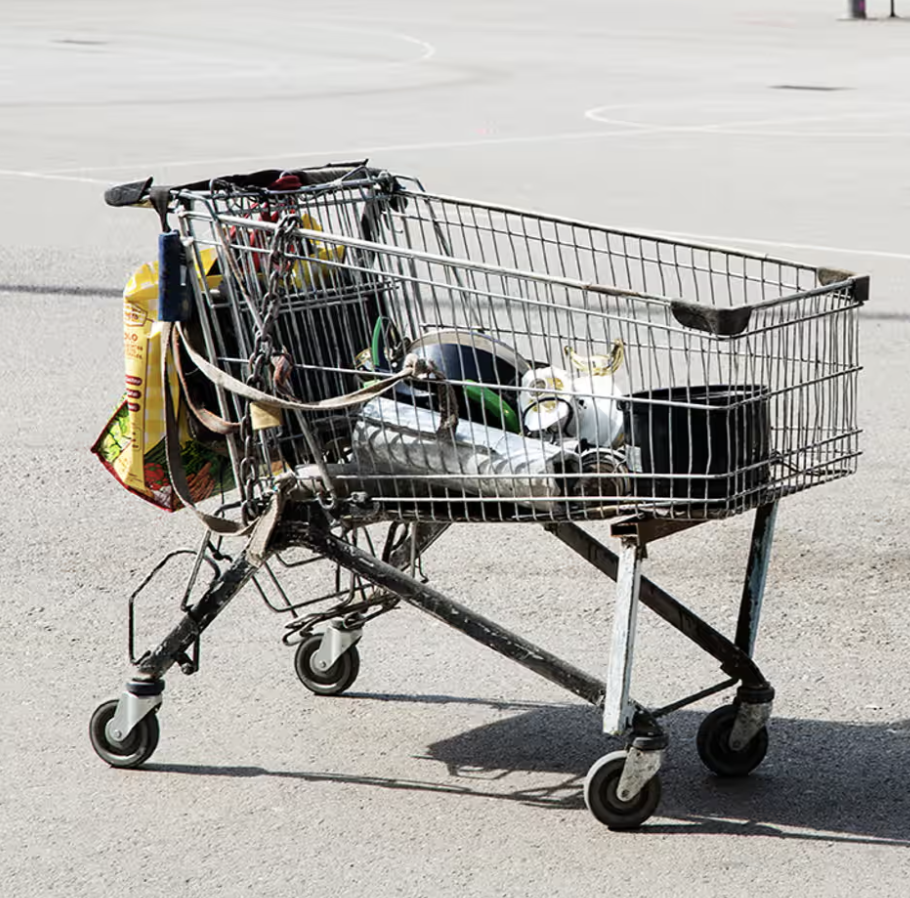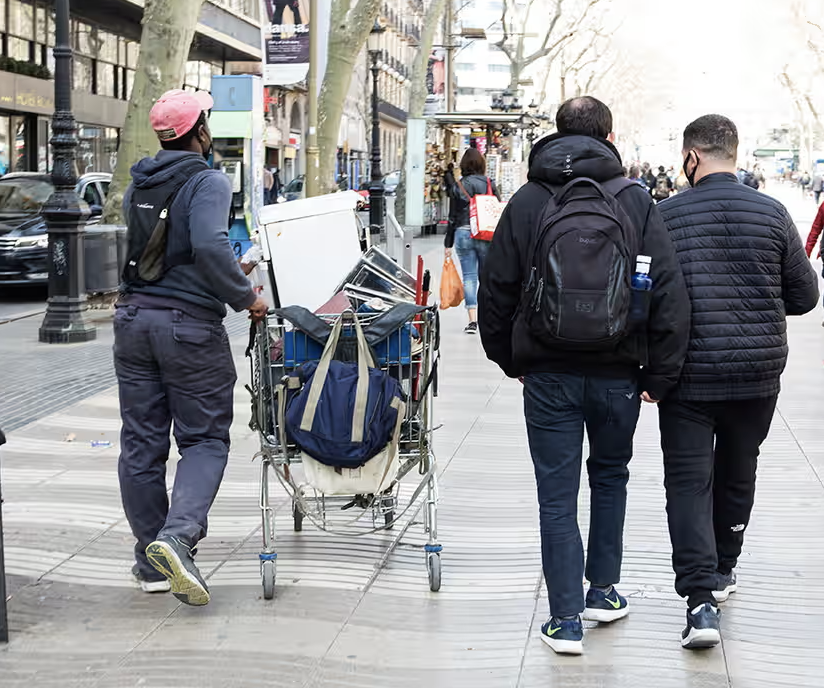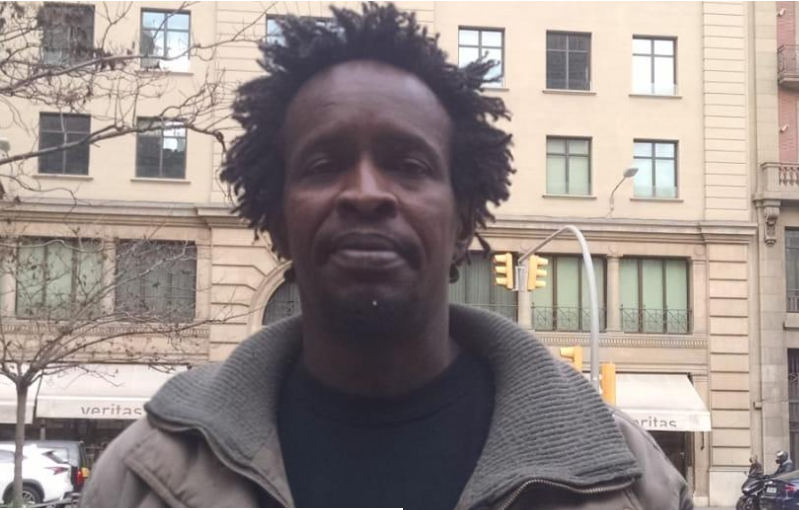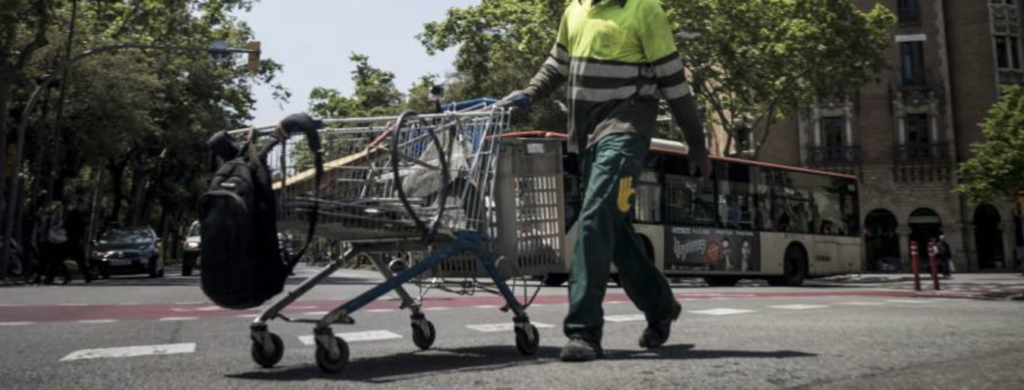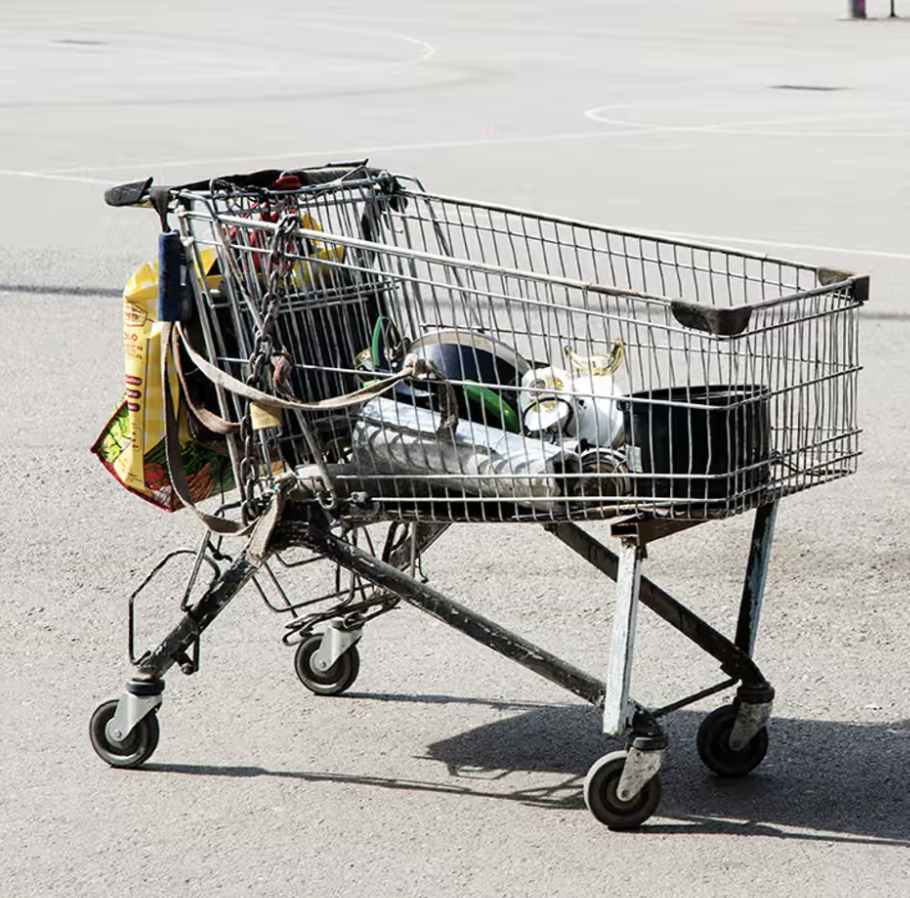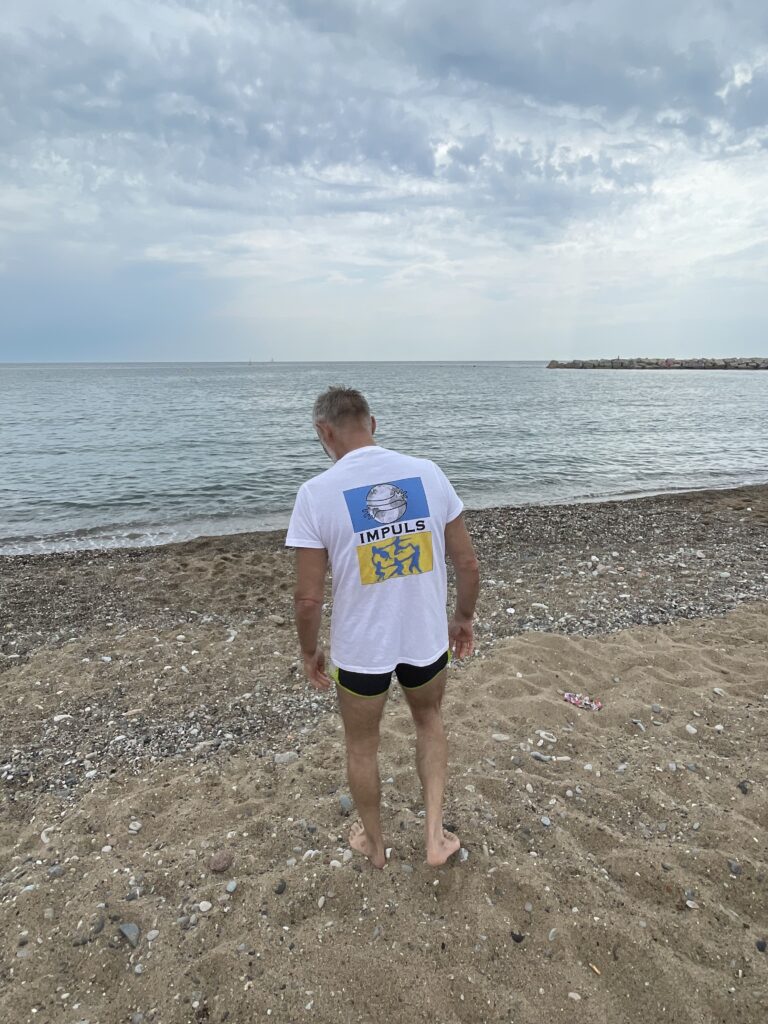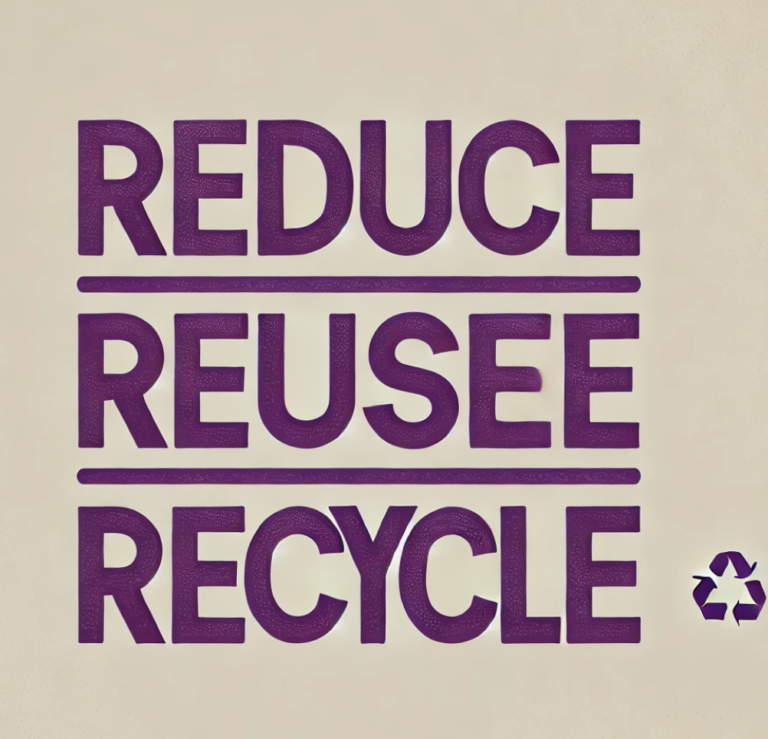During our community outreach efforts, our group had the opportunity to engage directly with migrant workers who play a pivotal role in waste collection in Barcelona. These conversations provided invaluable insight into the lives, challenges, and contributions of those often working behind the scenes to keep our city clean.
A Glimpse into Their World
In the vibrant neighborhoods of Barcelona, we met with several migrant waste collectors. Their stories painted a picture of resilience and determination. Many shared that despite facing long hours, difficult working conditions, and social stigma, they take pride in their work. They see their contribution as essential—not only for maintaining public health but also for fostering a cleaner, more sustainable urban environment.
One waste collector explained, “Every day, I see the city wake up to a new beginning because of our efforts. It is tough, but knowing that our work makes a difference keeps us going.” Such sentiments resonated throughout our conversations, highlighting a shared sense of duty and commitment.
The Human Side of Waste Management
Our group learned that many of these workers are not just laborers but also family men and women, whose income supports their loved ones back home or here in Barcelona. Their narratives revealed the sacrifices made to pursue better opportunities, often under challenging circumstances. One interviewee emphasized that working in waste collection offered him not only a livelihood but also a chance to integrate into the local community, albeit in a role that society frequently overlooks.
Despite the physical demands of their job, many of our interviewees expressed a willingness to learn new skills and advance within the waste management sector. They described informal networks that have formed among them, providing mutual support, sharing of best practices, and sometimes even informal training on how to handle new recycling technologies.
Breaking Down Barriers
A recurring theme in our discussions was the social stigma attached to waste collection work. Many felt marginalized by broader society, where their contributions were often undervalued despite being critical to urban health and environmental sustainability. However, our group’s interaction helped bridge a gap of understanding. By listening to their experiences, we gained a deeper appreciation for the complex socio-economic dynamics that underlie waste management in a bustling metropolis like Barcelona.
These conversations also served as a catalyst for change. They encouraged us to advocate for more inclusive policies that recognize and protect the rights of migrant workers. We learned that many of these challenges—precarious employment conditions, lack of formal recognition, and limited access to protective gear—could be addressed through better regulation and community support initiatives.
Toward a More Inclusive Future
The insights gathered from our interactions underscore the vital role that migrant waste collectors play in sustaining Barcelona’s urban ecosystem. They are not merely cogs in a machine but are individuals whose labor contributes significantly to the quality of life in our communities. As a group, we are committed to amplifying their voices and advocating for improvements that can help transform the waste management sector into a model of fairness and efficiency.
We hope that our experience serves as a reminder of the importance of humanizing the work behind environmental sustainability. Recognizing the challenges these workers face—and celebrating their contributions—is a critical step toward creating a more inclusive and supportive community.
By listening to these stories, we have come to understand that sustainable urban living is a shared responsibility. The role of migrant waste collectors in Barcelona is not just about managing trash; it’s about building a community where every individual’s efforts are valued, and every voice is heard.

